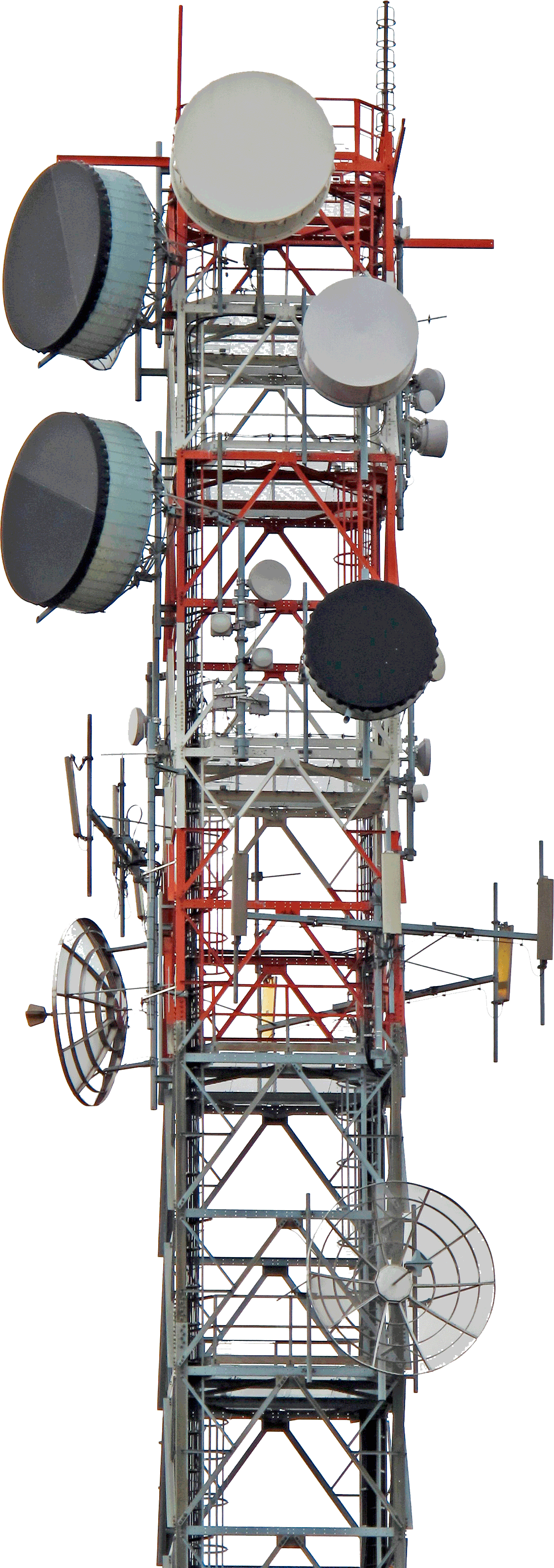When it pays less to network

We are now two years on from the commencement of the Electronic Communications Code brought in by the Digital Economy Act 2017. The code, set out in sched 3A to the Communications Act 2003, was intended to make it easier for network operators to install and maintain electronic communications apparatus on, under or over land, whether public or private. It is fair to say that the code has not so far operated as intended; agreements between private landowners and network operators have stalled and applications to the Lands Tribunal for Scotland have increased, so much so that the tribunal has issued guidance on the procedure it intends to follow going forward, to allow it to comply with the six month time limit for a decision.
The overriding issue facing private landowners being approached by network operators for agreements under the new code, or for renewal of existing ones, is the rent on offer, operators being of the view that the code means that the rents paid under the previous legislation are no longer justified. Some operators are now offering rents as low as £50 per annum, or even a one-off payment to cover the term of the lease. Unsurprisingly, landowners are reluctant to agree, particularly as rents of at least £5,000 were previously routinely paid.
Market value?
The code sets out how the Lands Tribunal should determine the consideration payable to a landowner under an agreement imposed by the tribunal, which arises where the parties have failed to come to an agreement themselves and an application to the tribunal has been made. Paragraph 24(1) states: “The amount of consideration payable by an operator to a relevant person under an agreement imposed by an order under paragraph 20 must be an amount or amounts representing the market value of the relevant person’s agreement to confer or be bound by the code right (as the case may be).”
However, this is subject to a number of assumptions, set out in para 24(3), which include that the site in question is not to be used for the electronic communications network and that there is more than one site available for the purpose for which it is required.
The Upper Tribunal in England deliberated on the matter of consideration in EE Ltd v Islington LBC [2019] UKUT 0053 (LC). Its decision referred to a statement by the Department for Culture, Media & Sport in 2016 in which the Government put forward its view on how consideration should be determined, drawing parallels with telecommunications providers and utilities and essential services providers. The Upper Tribunal in this case decided that the consideration which should be payable under the agreement should be £1,000 per annum, which was far from the £13,200 proposed by the landowner and less than the £2,551 proposed by EE, the operator, although it should be noted that evidence was given in the case on behalf of EE that only a nominal rent of £1 per annum should be payable.
This decision was issued in early 2019, but the level of the consideration payable under the agreement still remains the issue on which landowners and operators fail to find common ground. There is evidence, however, that where consideration is being agreed it is not at the nominal rates being proposed by the operators but in fact much more akin to the previous rents on offer.
Another blow to the landowner is that the code permits the operator to share the apparatus with other operators without further payment being made to the landowner. Furthermore, the operator can assign the agreement to another operator without consent from the landowner. So whereas in the past the landowner may have received a percentage share of the payment to the operator by the sharing party, or a one-off payment to permit an assignation, neither of these will provide the landowner with any additional consideration or compensation under the code.
Further issues
The consideration under the agreement is not the only issue on which landowners and operators are failing to agree. Protracted discussions can take place around the practical issues of access routes and access protocols; limitation on indemnity (it should be noted that the Central Association of Agricultural Valuers has recently published a paper on radiation exclusion zones and the issues imposed by 5G technology); and the operation of tacit relocation in Scotland when negotiating new agreements on existing sites, a matter not considered in the drafting of the code.
Operators do seem to be quick to submit an application to the Lands Tribunal if agreement is not forthcoming from the landowner, but the guidance issued by the tribunal strongly encourages parties to make every effort to see what can be agreed before resorting to the tribunal. Therefore the message to landowners would be to seek professional advice as early as possible following an approach from an operator.







